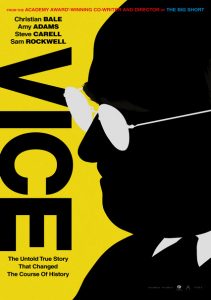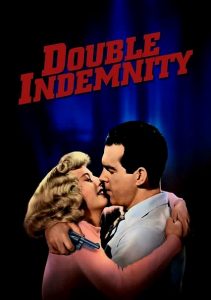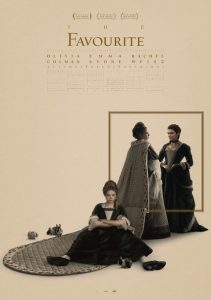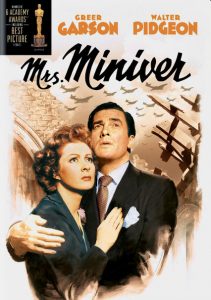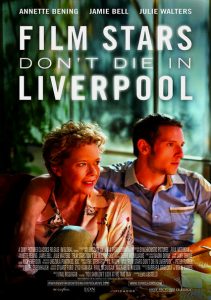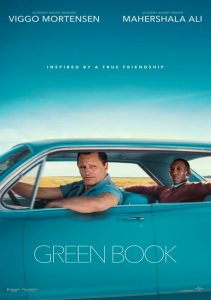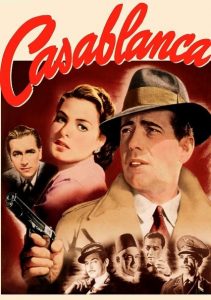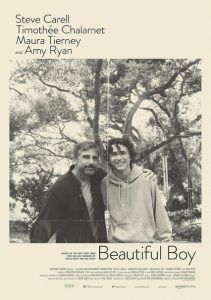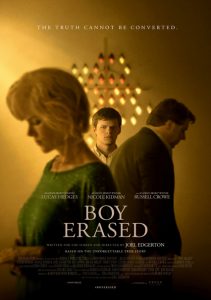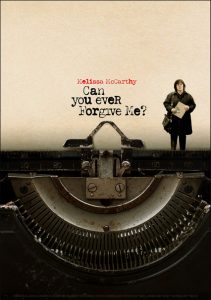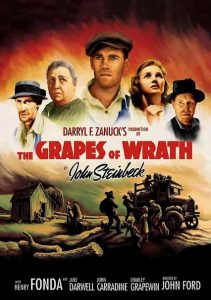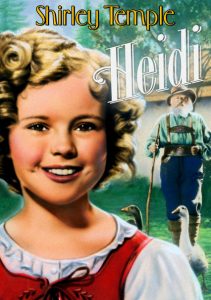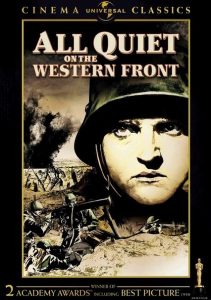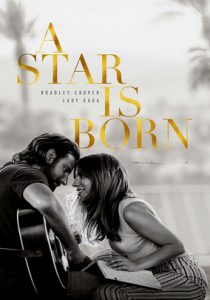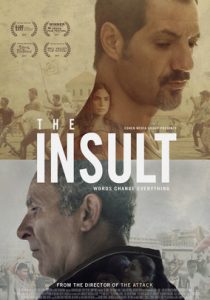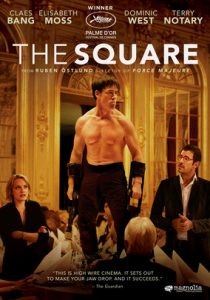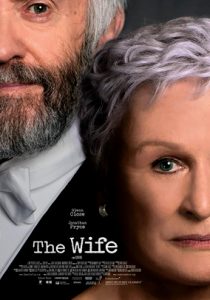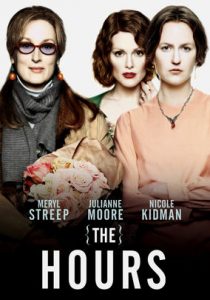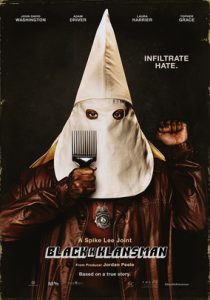Vice-2018
Director-Adam McKay
Starring-Christian Bale, Amy Adams, Steve Carell
Scott’s Review #849
Reviewed December 31, 2018
Grade: A
On the heels of 2015’s The Big Short, Adam McKay once again creates an intelligently written, thought-provoking political film based on facts and historical accounts.
With Vice (2018) he focuses on former Vice President Dick Cheney and his rise through the political ranks to second in command. Brilliant and wise in every way the film is fair-minded in its approach, but predictably, in this era of “fake news” will be embraced by liberals but shunned by conservatives.
In the first seconds of Vice, a disclaimer appears stating that Cheney was a private man with secrets, but the filmmakers did the very best they could to relay accurate information. The salty language in this clip will likely elicit chuckles, but McKay stays the course with his statement.
Immediately, the film flashes to the September 11 attacks with Cheney sitting in crisis mode about to make an important decision.
Vice then retreats to 1963 Wyoming as a drunken college-aged Dick Cheney (Christian Bale) is pulled over for erratic driving after a barroom brawl. He is nearly dumped by his girlfriend and future wife Lynne Cheney (Amy Adams), who threatens to find another man if Dick does not straighten out.
He manages an internship and an admiration for Donald Rumsfeld (Steve Carell) a staunch Republican and White House Chief of Staff and begins his political climb.
In the clever form, the film is narrated by a character named Kurt (Jesse Plemons), who we know not the connection to Cheney until the end of the film. In this way, there is an added measure of intrigue to the overall film as we know a secret will be revealed.
Vice is also unique in the direction, with constant back and forth timeline scenes and quirky humor throughout. Are the Cheney’s portrayed as ridiculous? No, but there is sardonic humor directed at them as their ambitions and power-hungry motivations are completely exposed.
What the film does so well is taking the viewer through the political state of when Cheney was in office- roughly the early 1970s until 2008 when Obama took office. The Clinton years are completely skipped, but that is more to do with Cheney being in the private sector rather than an intentional slight.
The Nixon years and the George W. Bush years are given hefty screen time and the latter is portrayed as nearly a buffoon as Rockwell portrays him as a boozy, dumb frat boy.
Bale is startlingly good as Cheney and deservedly steals the show. In addition to the forty-pound weight gain the actor endured and the facial and hair treatments (props to the makeup department!), he becomes the man.
His body movements, smile, and speech patterns are daringly good. With a sneer and a calculating grin, we see the wheels spinning in Cheney’s head numerous times and Bale is incredible at portraying these thoughts to the audience.
The film contains a slew of well-known actors in important supporting roles worth noting. The depictions of the following are examples of wonderful casting with spot-on representations: Tyler Perry as Colin Powell, LisaGay Hamilton as Condoleeza Rice, Sam Rockwell as George W. Bush, Alison Pill as Mary Cheney, and Lily Robe as Liz Cheney.
All portrayals are wonderful to watch especially for viewers who remember the real-life people involved.
Some will undoubtedly complain the film gives a “liberal slant” and portrays Cheney as power-hungry and self-serving. While a valid point and McKay make left-leaning choices, the director bravely carves the film into an experience that goes both ways.
More than a few scenes (including the final scene) justify Cheney’s actions, in his mind anyway. Claiming to do for the good of the people and be a true American, his actions and yearning for power can be understood to some degree….or perhaps understood by some people.
Controversial and undoubtedly divisive, but that is not surprising given the current state of American politics, Vice (2018) tells an inspiring and rich story of an elusive politician’s life and policies daring to be forgotten that still resonate across the United States.
The more I ponder this film’s importance the greater it becomes, but make sure to stay past the credits for arguably the best moment in the film and of monumental importance in 2018.
Oscar Nominations: Best Picture, Best Director-Adam McKay, Best Actor-Christian Bale, Best Supporting Actor-Sam Rockwell, Best Supporting Actress-Amy Adams, Best Original Screenplay, Best Makeup and Hairstyling (won), Best Film Editing
